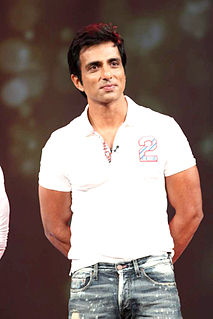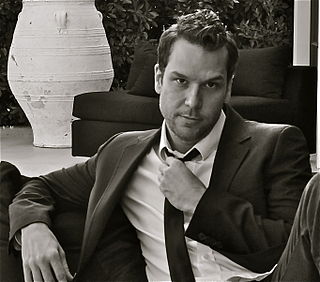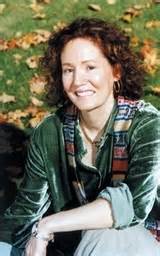A Quote by Farah Khan
I always say that cinema reflects life, not the other way round.
Related Quotes
I think what I loved in cinema - and what I mean by cinema is not just films, but proper, classical cinema - are the extraordinary moments that can occur on screen. At the same time, I do feel that cinema and theater feed each other. I feel like you can do close-up on stage and you can do something very bold and highly characterized - and, dare I say, theatrical - on camera. I think the cameras and the viewpoints shift depending on the intensity and integrity of your intention and focus on that.
The great thing about cinema is that it's a great binder. It brings people from across the world together, often erasing the lines between geographies, languages, familiarity, and the like. Cinema is art and art, they say, is a reflection of life and society, so the way we tell our stories is the main differentiator for me.
When I started out as an actor, I thought, Here's what I have to say; how shall I say it? I began to understand that what I do in the scene is not as important as what happens between me and the other person. And listening is what lets it happen. It's almost always the other person who causes you to say what you say next. You don't have to figure out how you'll say it. You have to listen so simply, so innocently, that the other person brings about a change in you that makes you say it and informs the way you say it.
Comedy crowds - we always want to come out and ask you, 'How you feeling?' We always say that, 'By a round of applause, how do you feel?' Right? 'By a round of applause, how you feeling?' It's the only place in the world that you judge how you're feeling by a round of applause... There's never like a car accident, people all over the ground, people running over - 'Ma'am! Ma'am! By a round of applause, how do you feel? By a round of applause - she's not clapping!





































